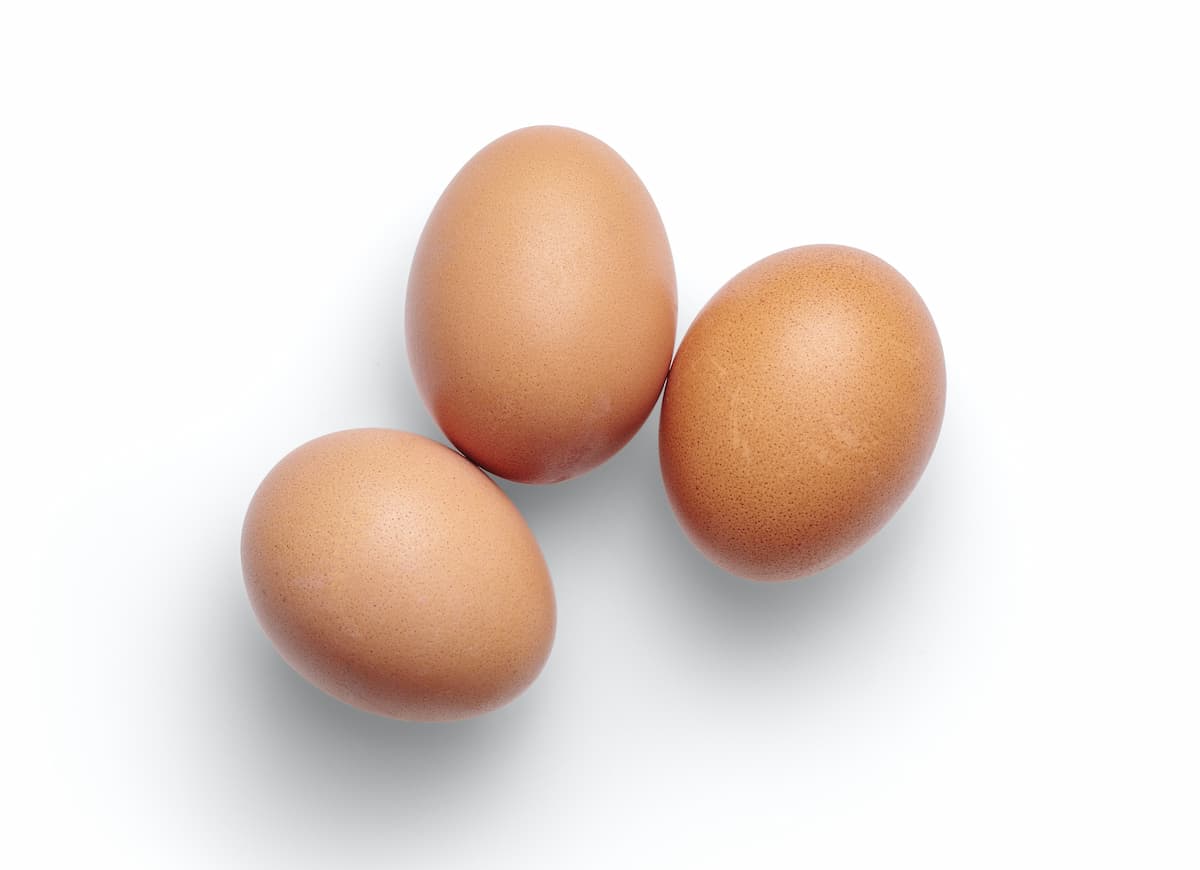People with the highest intakes had a 28 percent lower risk of dementia, the study found.
Choline, a vitamin-like essential nutrient, may reduce the risk of dementia, research finds.
People with the highest intake of phosphatidylcholine, a form of choline, had a 28 percent lower risk of dementia, the study found.
Choline is mainly found in meat and, like omega-3 fatty acids, is an essential nutrient that has to be obtained from food.
This vitamin-like essential nutrient is also produced by the liver, but the amount is too small for the body’s requirements.
Choline is part of lecithin, which is known for its effect in treating memory disorders such as Alzheimer’s disease and dementia.
National dietary surveys show that choline intake on average is low in the US, Europe and Australia.
Good sources of choline include:
- Egg yolk,
- beef,
- fish,
- chicken,
- wheat germ,
- soy beans,
- dairy products,
- peanuts,
- and almonds.
The study included 2,497 men in Finland who were followed for an average of 22 years.
They were asked about their lifestyle and dietary habits and given tests of memory and cognitive processing.
The results revealed that men with the highest intake of phosphatidylcholine had a 28 percent lower risk of developing dementia and better scores on tests of memory and thinking.
The two main sources of phosphatidylcholine in their diet were eggs and meat.
Ms Maija Ylilauri, the study’s first author, cautioned:
“However, this is just one observational study, and we need further research before any definitive conclusions can be drawn.”
Danger of veganism
Recent research warned that vegans may be putting their brain health at risk.
A vegan diet can increase the risk of brain malnutrition and damage due to lack of essential nutrients, such as choline.
Choline is not only essential for brain health but also influences liver function as shortfalls in this nutrient can cause cell damage and irregularities in fat metabolism.
The study was published in The American Journal of Clinical Nutrition (Ylilauri et al., 2019).

